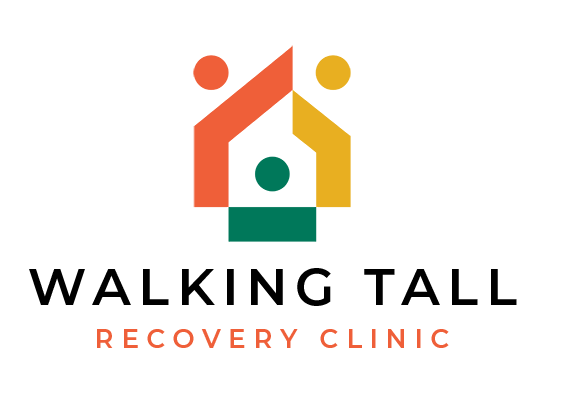Substance abuse is a pervasive issue that has been quietly corroding the fabric of societies worldwide. It affects not just the individual who is entangled in its web but also their family and the broader community. In this blog post, we will delve into the profound impact of substance abuse on individuals, their families, and the communities they are a part of.
The Individual Struggle
Physical and Mental Health: Substance abuse takes a devastating toll on an individual’s physical and mental health. The allure of drugs or alcohol can offer a temporary escape, but it often leads to a cycle of addiction that compromises one’s well-being. Health deteriorates, leading to increased risks of chronic illnesses and mental health disorders.
Lost Opportunities: Substance abuse often disrupts an individual’s education and career prospects. Dreams and ambitions get sidetracked, as the sole focus becomes obtaining and using substances.
Financial Ruin: The financial burden of substance abuse can be staggering. Money that could have been used for basic necessities is instead funneled into acquiring substances, leading to debt and financial instability.
The Impact on Families
Broken Relationships: Substance abuse strains family relationships to the breaking point. Loved ones often endure emotional and sometimes physical abuse, leading to damaged trust and severed bonds.
Caregiver Role Reversal: In many cases, family members must take on caregiver roles as the individual’s ability to function deteriorates. Parents may find themselves caring for their adult children, and children may bear the emotional burden of caring for their addicted parents.
Financial Drain: Families often bear the financial burden of an individual’s addiction. Savings, retirement funds, and even homes may be lost to support their loved one’s habit.
Community-Wide Consequences
Crime and Violence: Substance abuse often leads to criminal behavior as individuals resort to theft or other illegal activities to fund their addiction. This increases the overall crime rate in communities, creating a sense of insecurity.
Overwhelmed Healthcare System: Substance abuse places an enormous burden on healthcare systems. Emergency rooms frequently see cases related to overdoses or substance-induced injuries, diverting resources from other critical medical needs.
Economic Impact: Communities suffering from high rates of substance abuse often experience a downturn in economic growth. Businesses may hesitate to invest in areas with a reputation for drug-related problems, leading to fewer job opportunities.
Social Disintegration: Substance abuse can tear apart the social fabric of communities. Neighbors may become isolated and distrustful of one another, eroding the sense of community that is vital for well-being.
Prevention and Treatment
Education: Raising awareness about the dangers of substance abuse and promoting preventive measures is crucial. Schools, community organizations, and healthcare providers can play a pivotal role in educating individuals about the risks.
Access to Treatment: Improving access to addiction treatment and mental health services is essential. These services should be affordable, readily available, and destigmatized to encourage individuals to seek help.
Support Systems: Building strong support systems for individuals in recovery is vital. This includes family counseling, peer support groups, and mentorship programs.
As a result, substance abuse is not a solitary battle; its impact ripples through individuals, families, and communities. Recognizing the holistic nature of this issue is the first step in addressing it effectively. By providing education, access to treatment, and support, we can work together to combat substance abuse and its far-reaching consequences, rebuilding lives, families, and communities one step at a time.

